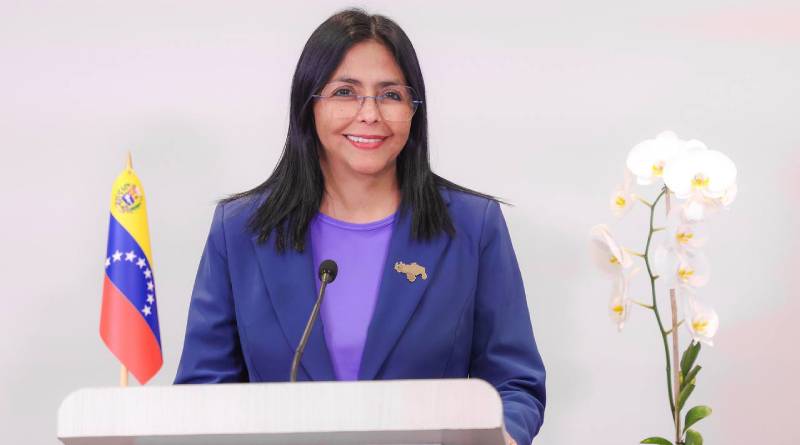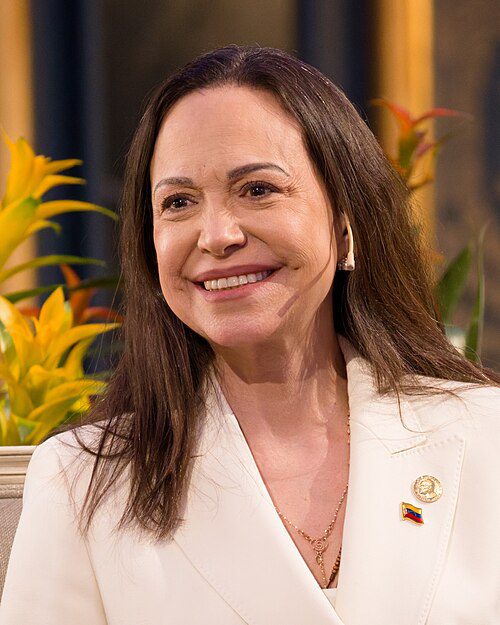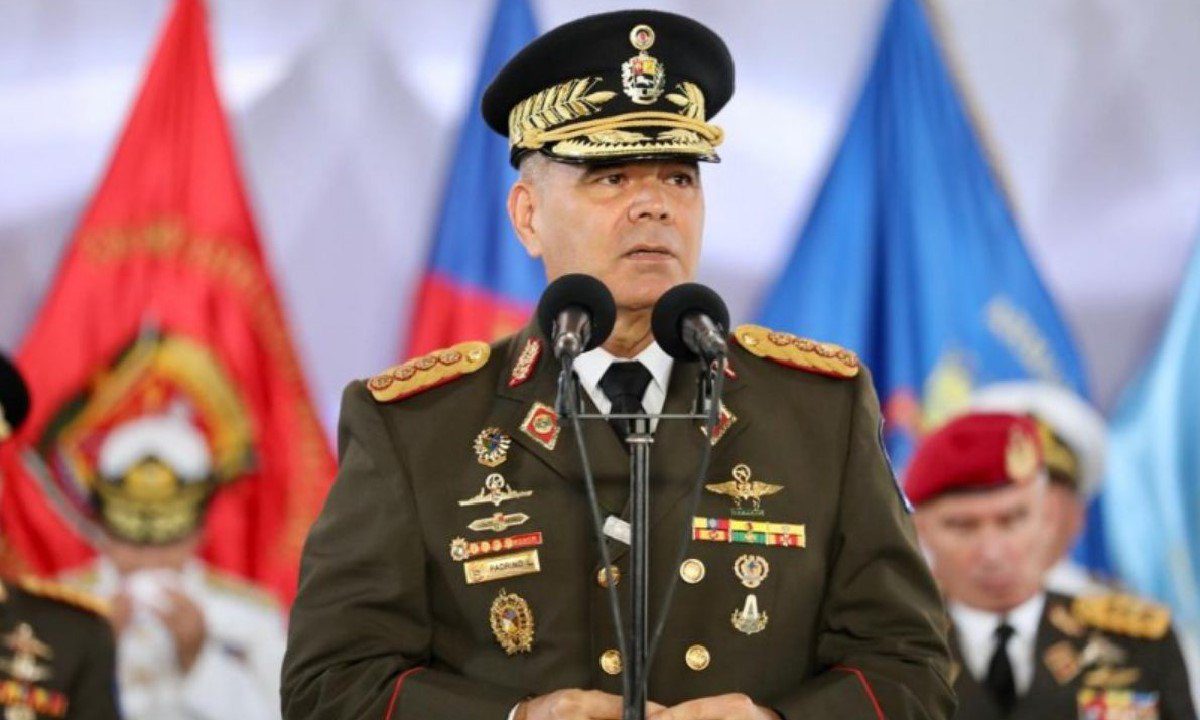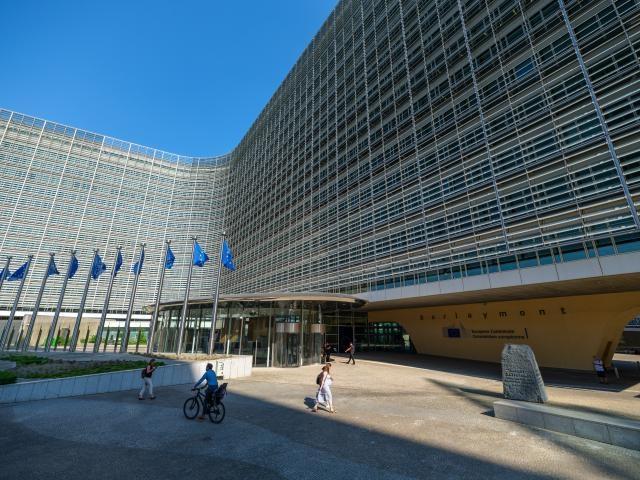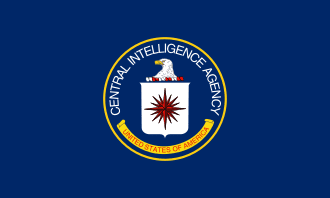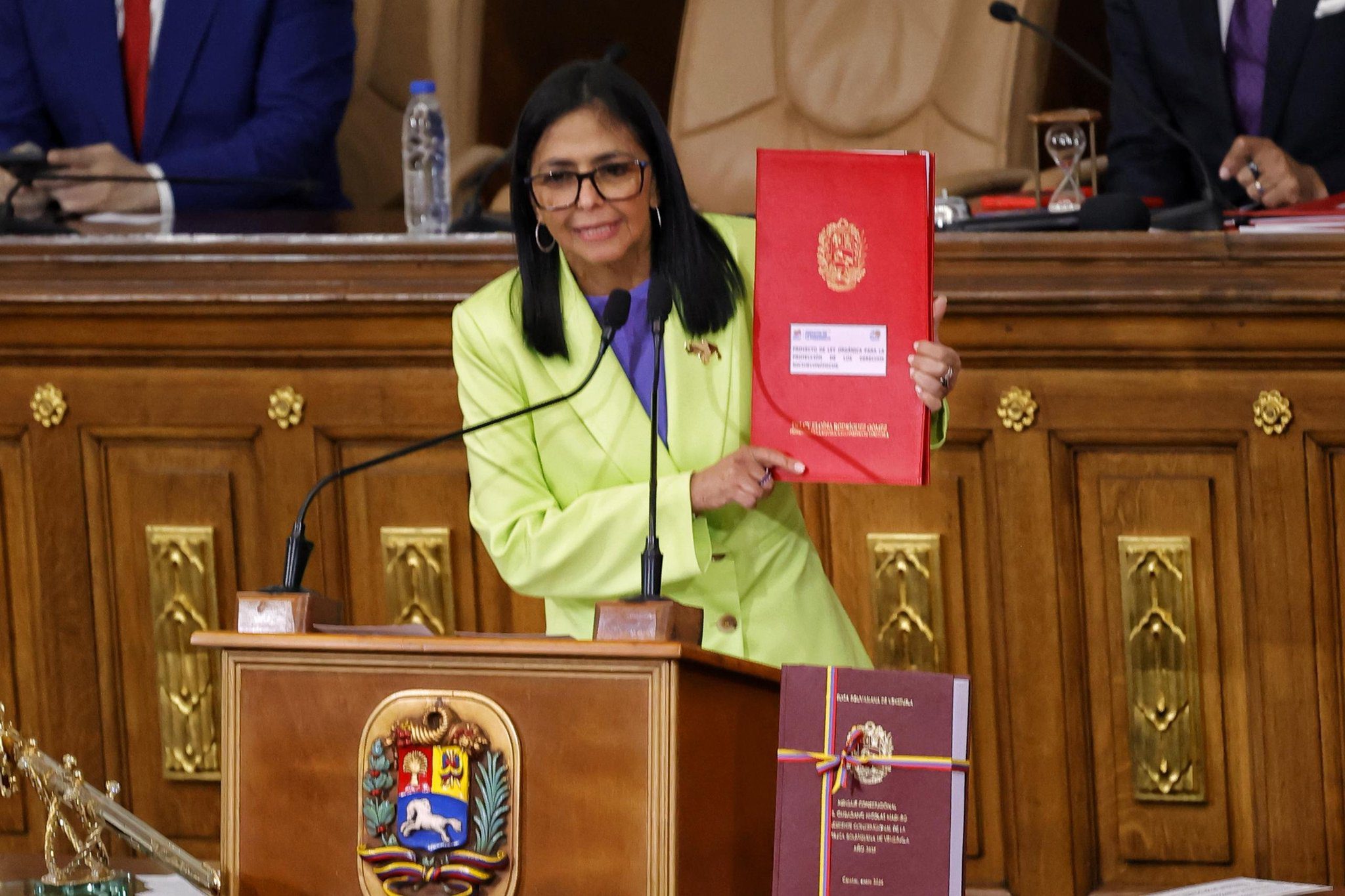Delcy Rodríguez pointed out that the commission responsible for submitting the file was headed by the Attorney General of the Republic, Reinaldo Muñoz, and the Venezuelan Ambassador to the UN, Samuel Moncada. Photo: Venezolana de Televisión.
Guacamaya, August 11, 2025. The Executive Vice President, Delcy Rodríguez, announced the delivery, this Monday, August 11, of a new document to the International Court of Justice (ICJ) in The Hague, which reaffirms Venezuela’s historical position in the controversy over the Esequibo territory. In her speech, she reiterated that the country will not recognize the Court’s jurisdiction in the territorial dispute.
The official statement was given from the Miraflores Palace, accompanied by Foreign Minister Yván Gil and the Executive Secretary of the National Human Rights Council, Larry Davoe. During her address, she noted that the so-called Presidential Commission for the Defense of Guayana Esequiba was received by the Court’s Secretary, Philippe Gautier.
The file submitted by the delegation consists of 50 volumes which, according to the Vice President, “contain more than sufficient evidence about the truth of an alleged dispossession, about what the criminal award based on a forged, illegal, and illegitimate treaty meant to deprive Venezuela of such a large territory as Guayana Esequiba.”
Rodríguez emphasized the solidity of the evidence provided and highlighted the allegedly fraudulent nature of the 1899 Arbitral Award and the 1897 Washington Treaty, stating: “The fraudulent process of the 1899 Arbitral Award, of the 1897 Washington Treaty, where the first milestone of the Monroe Doctrine was consummated to deprive Venezuela of its territory due to its vast riches.”
Despite the government initiative, the submission of the document does not imply recognition of the ICJ’s jurisdiction over the dispute. In this regard, the Venezuelan official reiterated Venezuela’s position based on the December 3, 2023 referendum: “We do not recognize, under any circumstances, the fraudulent judicial process initiated by Guyana, nor will we comply with any ruling.”
Rodríguez reaffirmed that the only legal instrument Venezuela recognizes to resolve the controversy is the Geneva Agreement of 1966, signed jointly with Guyana, the country with which it has the dispute. “It is more than sufficiently demonstrated how the Geneva Agreement is the only legal document that exists to govern and resolve this territorial dispute,” she asserted.
Besides insisting on its defense over the disputed territory, the Venezuelan action seeks to pressure both Guyana and other international actors to abide by what is stipulated in the Geneva Agreement, which contemplates a peaceful and negotiated solution between both parties. This agreement is the only mechanism recognized by Caracas, especially against the intention of external intervention.

